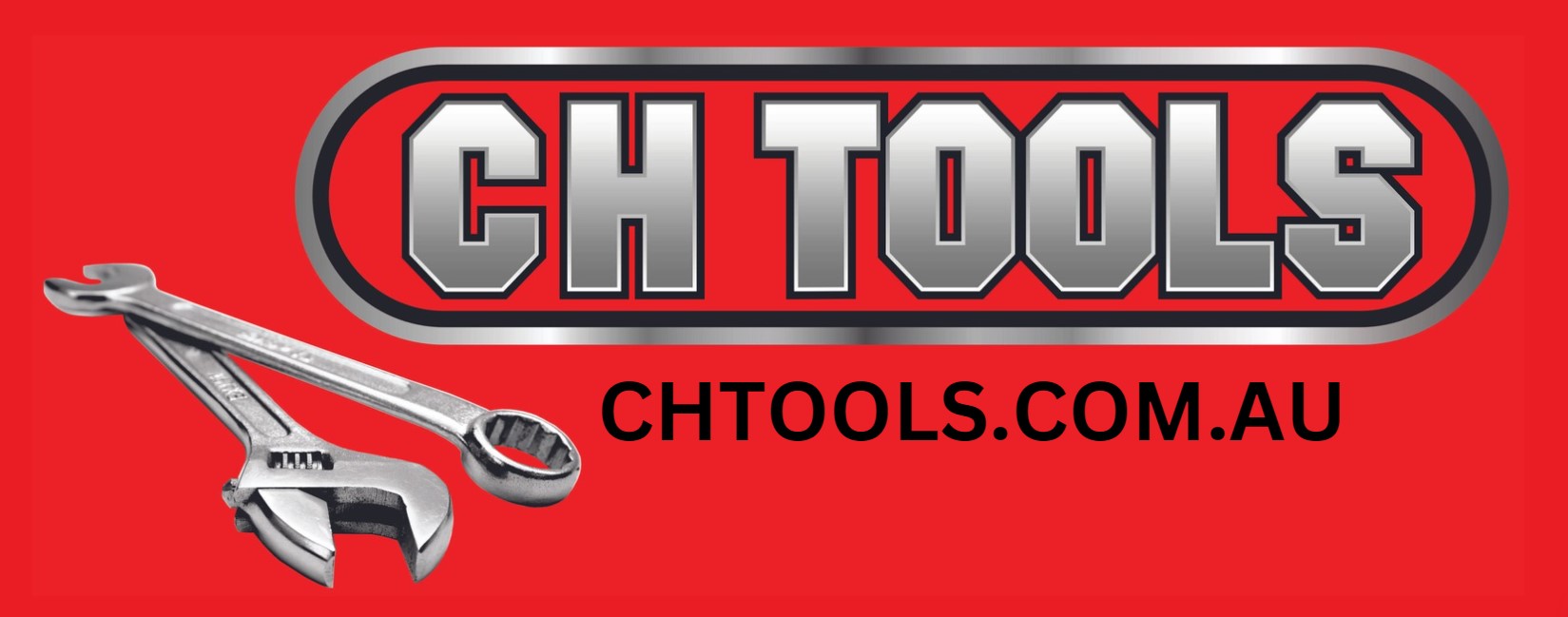Follow us:
Precision Drilling & Threading: Excellence in Every Cut






Guide to Selecting the Correct Drilling and Threading Tools
Choosing the right drilling and threading tools is essential for achieving precise and efficient results in various applications. Here’s a comprehensive guide to help you select the best tools for your needs:
1. Understand Your Requirements
- Material Type: Identify the material you will be drilling or threading (e.g., metal, wood, plastic). Different materials require different tools.
- Hole Size and Depth: Determine the size and depth of the holes you need to create.
- Thread Specifications: Define the type, size, and thread pitch for threading tasks.
2. Drilling Tools
- Drills: Choose a drill that suits your needs, such as a hand drill for light tasks or a drill press for precision work.
- Features to Consider: Variable speed settings, adjustable torque, and chuck size.
- Drill Bits:
High-Speed Steel (HSS) Bits: Versatile for drilling into metal, wood, and plastic.
Cobalt Bits: Ideal for hard metals and high-temperature applications.
Carbide-Tipped Bits: Suitable for extremely hard materials and extended tool life.
Spade Bits: Best for drilling large holes in wood.
Forstner Bits: Designed for flat-bottomed holes in wood.
- Specialty Bits:
Masonry Bits: For drilling into brick, concrete, or stone.
Auger Bits: Ideal for deep, large-diameter holes in wood.
Hole Saws: Useful for cutting larger holes in wood, metal, or plastic.
3. Threading Tools
- Thread Taps: Used to cut internal threads.
Types:
Straight Flute Taps: For through holes and light materials.
Spiral Flute Taps: For blind holes and chips removal.
Bottoming Taps: For threading to the bottom of a blind hole.
Material: Choose based on the material you’re tapping (e.g., HSS for general use, carbide for hard materials).
- Dies: Used to cut external threads.
Types:
Hex Dies: For manual threading.
Round Dies: For use with die stocks or die holders.
Material: Similar to taps, choose based on the material being threaded.
- Threading Sets: Consider sets that include both taps and dies for versatility.
4. Compatibility
- Drill Chuck Size: Ensure drill bits match the chuck size of your drill.
- Tap and Die Sizes: Verify that taps and dies are compatible with the threads you need to create.
5. Material and Durability
- Material: High-speed steel (HSS) and cobalt are common for durability. Carbide tips offer extended life for tough materials.
- Build Quality: Choose well-made tools with precision-ground cutting edges for optimal performance.
6. Tool Handling and Safety
- Ergonomics: Choose tools that are comfortable to handle and reduce fatigue during use.
- Safety Features: Use tools with safety features such as protective coatings and non-slip grips.
7. Maintenance and Care
- Proper Storage: Store tools in a dry, organized manner to prevent damage and rust.
- Regular Cleaning: Clean tools after use to remove debris and extend their life.
- Sharpening and Replacing: Regularly sharpen or replace dull drill bits and taps to maintain performance.
8. Budget Considerations
- Cost vs. Quality: Balance your budget with the quality and durability of the tools. Investing in higher-quality tools can improve performance and longevity.
- Comparative Shopping: Compare different brands and models to find the best value for your needs.
9. Manufacturer and Brand
- Reputation: Choose reputable brands known for their reliability and precision.
- Support and Warranty: Look for tools with good warranty terms and customer support.
By carefully evaluating these factors, you can select drilling and threading tools that meet your specific requirements, ensuring accuracy, efficiency, and durability in your projects.
CONTACT US TO FIND OUT MORE ABOUT THE TOOLS WE RANGE IN-STORE
